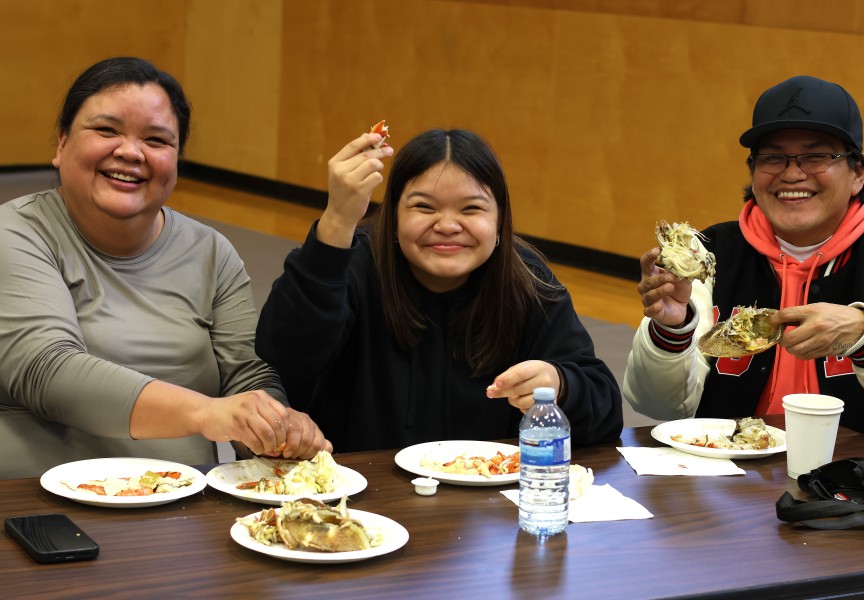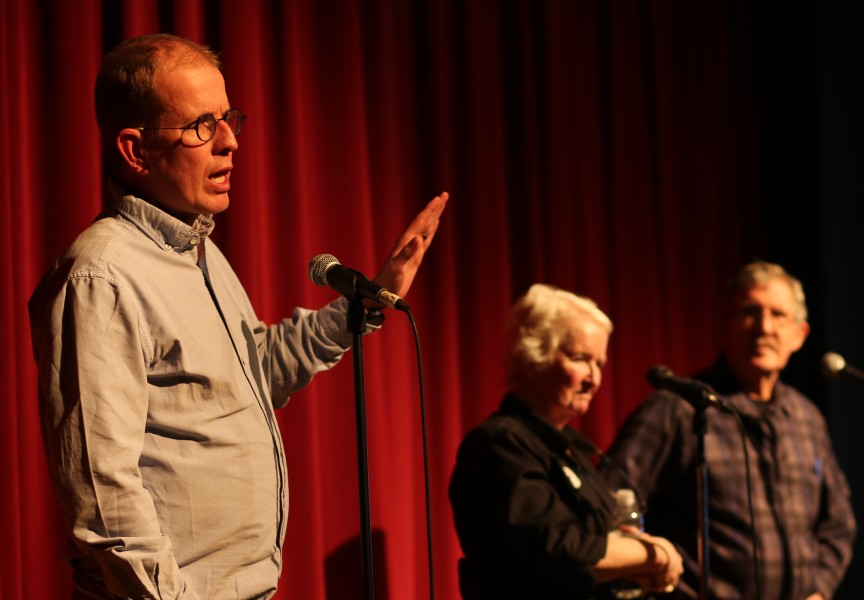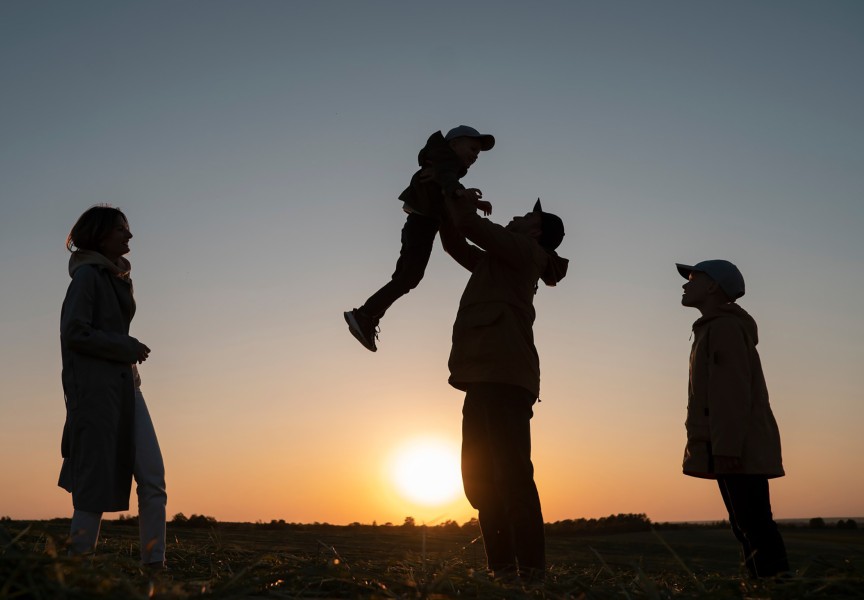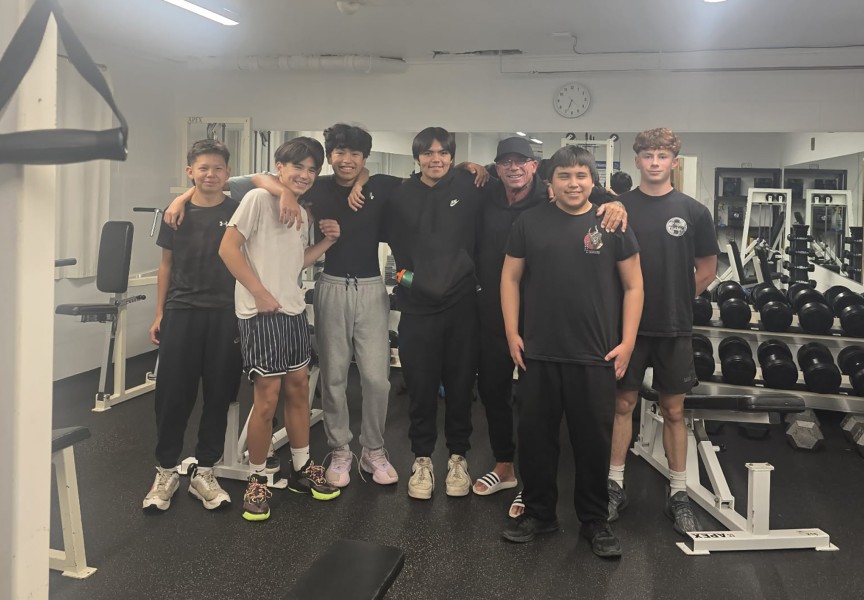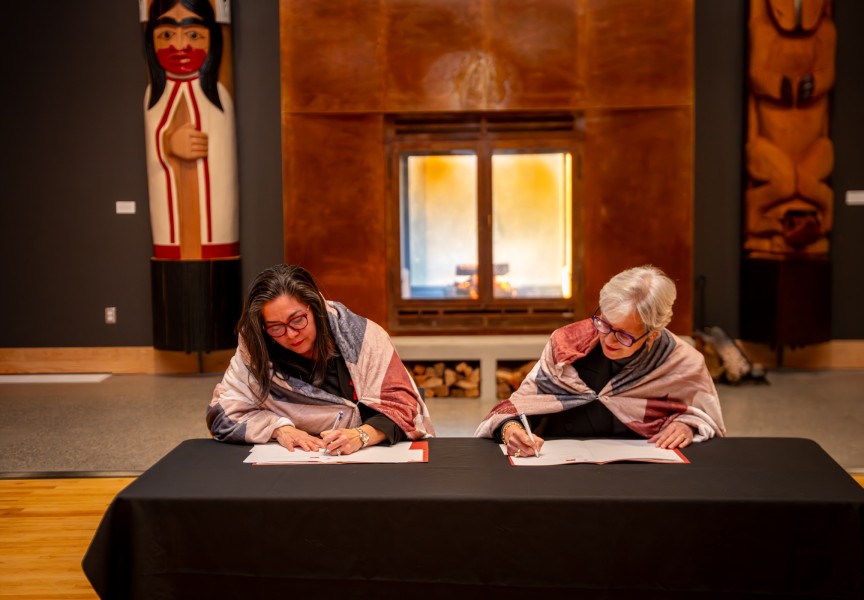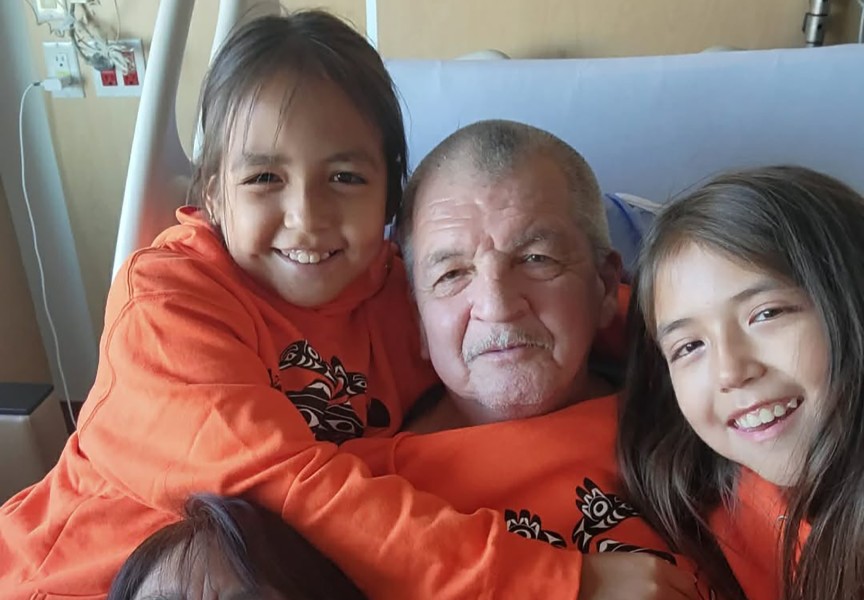He had just turned 65, was always relatively healthy and had quit alcohol a decade earlier. But, according to Doreen Little, her husband died very suddenly last year. She believes he could have lived much longer had he followed doctor’s advice more diligently and made a simple diet change.
William Little, an Ahousaht man, worked all his life in the automotive repair industry and even had a side hustle, fixing people’s vehicles at his home on evenings and weekends. He was a busy man with a quiet family home.
Doreen, his wife of 23 years, said her husband had been diagnosed with borderline Type 2 diabetes many years ago. He was given advice from health care professionals about how to prevent illness from progressing, including cutting sugar and carbohydrates from his diet.
According to Diabetes Canada, Indigenous peoples living in Canada are among the highest-risk populations for diabetes and related complications. Their advice to Indigenous people is to take part in screening for diabetes earlier and at more frequent intervals.
Diabetes Canada goes on to say that borderline Type 2 diabetes, also known as prediabetes, is a condition where blood sugar levels are higher than normal but not yet high enough for a Type 2 diagnosis.
“Indigenous populations, particularly in Canada, have a significantly higher risk of developing both prediabetes and Type 2 diabetes compared to the general population,” stated the organization.
According to an American Blue Cross article, Kiowa Tribe member Elizabeth Battiest is quoted saying there is a word in her language for diabetes that translates to ‘sugar sickness’. The word came into existence after settlers colonized their homelands. Prior to contact, Indigenous people enjoyed a diet of lean protein like game meat or seafood, and they drank water.
Today, Indigenous communities in Canada, including First Nations, Inuit, and Métis, face a significant health challenge related to high consumption of sugar-sweetened beverages. According to Science Direct, sugar-sweetened beverage consumption has been declining since the year 2000. However, Indigenous peoples around the world remain some of the highest consumers of sugar sweetened beverages, according to a 2023 study.
Doreen says her husband made some changes to his diet in the past. He cut back on his sugar consumption, including cutting out sugary cola drinks and alcohol. He switched to fruit-flavored soda water.
But over time, he slipped back into old habits. He started drinking cola regularly and indulged in the odd sugary treat.
“He had a sugar addiction,” Doreen said.
And, after his passing, Doreen found cans of cola hidden around his favorite recliner. She learned that he had been bringing donuts to work, keeping it all a secret from his wife.
The couple carried on with their daily routines and things seemed fine until February 25, 2024, when William called her from work.
“He called after 5 p.m. saying something’s wrong,” Doreen shared. “He said his right side is going numb…his arm and his leg. He said he couldn’t text me because his fingers were numb.”
William was rushed to the hospital, having suffered a stroke. Doreen said it was a good thing he made it to the hospital so quickly because the paralysis William was experiencing was not permanent. He regained feeling and use of the right side of his body.
After a short period of recovery, all seemed to be going great for William. So, it was a shock when, only five months later, things went terribly wrong.
Doreen later discovered that her husband wasn’t as healthy as he was pretending to be. In addition to his earlier pre-diabetes diagnosis, he had also been diagnosed with leukemia, a cancer of the blood, when he was in his 20s. He apparently recovered from the leukemia, but she noticed that in the summer of 2024 William had been going to the doctor quite regularly for tests. He never talked to her about the tests results.
“I should have gone with him,” she said.
In July 2024, following all the medical tests, William was admitted to hospital for exploratory surgery. Four days ahead of the procedure William told his wife that his urine was brown. He went on to say that the doctors told him he was going to lose his liver and that he might have cancer.
On July 10, William was admitted to the hospital for the surgery. By the next morning his condition deteriorated, and he suffered a massive heart attack. He died on July 11.
“I was so angry when he left. He wouldn’t listen to me, but it was about the addiction,” said Doreen, her expression softening.
It was the love of sugar, and she understood why he kept it from her. She probably would have put a stop to it.
Doreen started researching nutrition online and hopes to spread the word to Indigenous communities about the importance of healthy eating.
“People who are middle aged and beyond can’t eat and drink like a 16-year-old. You have to make adjustments,” she said.
Also in her 60s, Doreen has been hit with five different conditions that she says “zaps” her energy. Some of the conditions could be age-related but some are diet issues, like gluten intolerance and vitamin deficiency.
Having suffered an injury that prevents her from working, Doreen uses her time to research diet and health conditions. Doreen says she learned that white sugar can cause Alzheimer’s, dementia and could be bad for cancer patients. White flour and other refined carbohydrates are converted to sugar during digestion.
“I am doing a lot of research so that I can spread information to help others,” Doreen said.
She is hoping to enroll at the Canadian School of Natural Nutrition to take online courses but hasn’t had success in finding funding through federal employment retraining programs.
The Nuu-chah-nulth Tribal Council, through its Community Health Services department, offers a registered dietitian, Jen Cody, who provides trauma-informed and culturally safe diabetes education, consultation, and liaison to clients, caregivers, family members and other service providers.
“The RD supports food security in communities by supporting community mobilization and advocacy efforts and building community capacity around nutrition and diabetes prevention and management,” reads the NTC website.
Dr. Roger Boyer, NTC’s new manager of Community Health, agrees that men’s health and prevention measures are huge issue, especially men’s mental health. The impacts of colonialism, residential schools, intergenerational trauma and cultural imbalances has left its mark.
“The trauma of our fathers continues to carry with us as their sons,” said Boyer.
The NTC’s Teechuktl Mental Health Services has an office in Port Alberni offering culturally safe support for the mental, emotional, and spiritual well-being of Nuu-chah-nulth individuals, families, and communities.
The First Nations Health Authority has plenty of health resource information, including Type 2 diabetes resources for Indigenous peoples.
For Indigenous men, FNHA points to ‘The DUDES Club’ which was established in the Vancouver Downtown Eastside in 2010.
“The DUDES Club is a proven model for Indigenous men’s wellness promotion that builds solidarity and brotherhood, enabling men to regain a sense of pride and purpose in their life,” reads the Dudes Club website.


